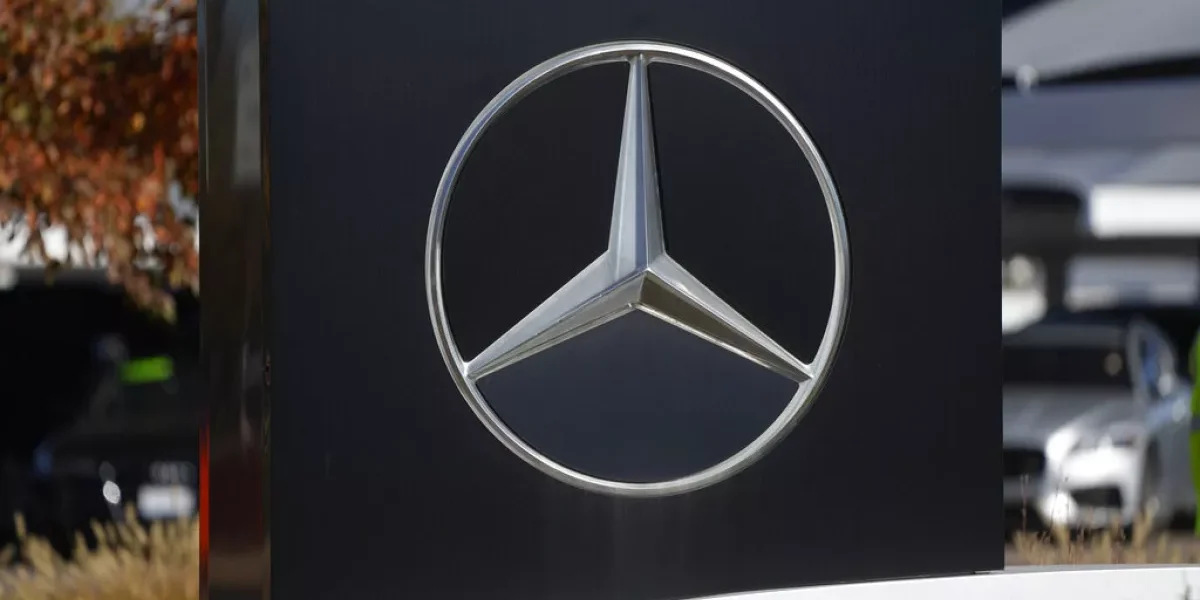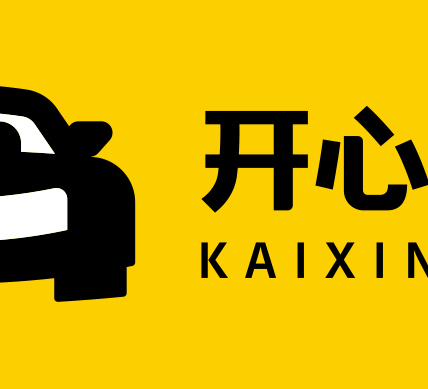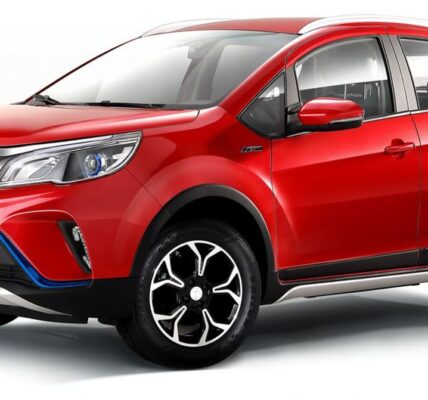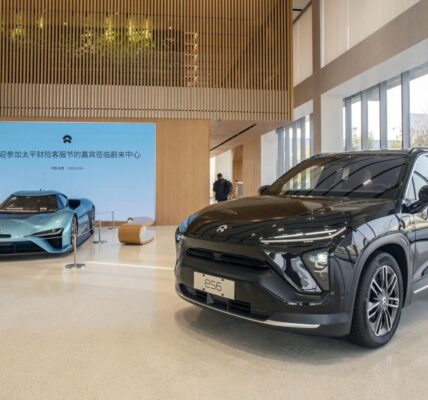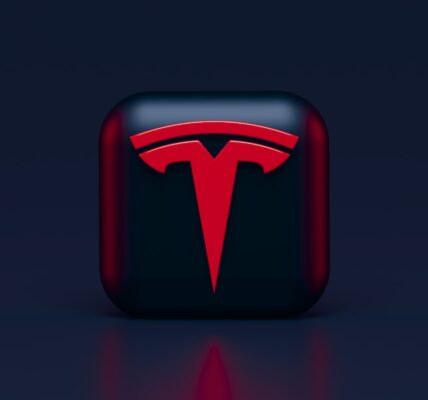Two of Europe’s largest car makers Stellantis and Mercedes-Benz have raised about €4.4 billion to set up three new electric vehicle (EV) gigafactories across the European Union (EU) in the coming years.
The companies said in a press release on Monday that the total funds needed for these factories is expected to be about €7 billion.
Factories will be set up in Kaiserslautern in Germany, Termoli in Italy and another undisclosed location in France. Around 6,000 people are expected to be employed in total.
BNP Paribas, ING, Deutsche Bank and Intesa Sanpaolo are among the banks that have financed the project. The German and French governments have also contributed about €1.3 billion, but their Italian counterpart is yet to come forward with funds.
Why this sudden push for European EV gigafactories?
The move comes at a time when the European automobile sector is more worried than ever about Chinese dominance, especially when it comes to electric vehicles.
Statista highlights that China produced about 5.47 million battery vehicles in 2022, accounting for more than half of global electric vehicles.
Chinese EV maker BYD’s battery-only vehicle sales also overtook Tesla in Q4 2023, coming in at 526,000, versus the latter’s 484,500.
This has created even more concern that China occupies a key position in the electric vehicle battery supply chain, which it could potentially use as leverage should more geopolitical tensions with the US and EU emerge.
China is also likely to build about 160 more gigafactories by the end of the decade, while Europe is only expected to add about 36 more, according to Benchmark Mineral Intelligence. This could potentially make Chinese EVs even cheaper than before, as more batteries will be produced locally.
Automotive Cells Company (ACC) was launched as a counterforce to this growing Chinese dominance, by helping Europe it advance its own plans for building electric vehicle batteries locally.
As a large chunk of the cost of EVs can come from batteries, locally sourced batteries could go a long way in slashing EV prices, as well as smoothening out supply backlogs.
According to the head of ACC, Yann Vincent, “The transition to the electrification of vehicles is still on the way. To meet this immense challenge, our customers must be able to rely on robust and reliable European players like ACC, capable of delivering high volumes of competitive batteries with a low CO2 footprint.”
ACC is part of a growing trend of gigafactory development in Europe, with Swedish start-up Northvolt, and the Tata Group also announcing plans to build and further expand automobile factories in the coming years.


